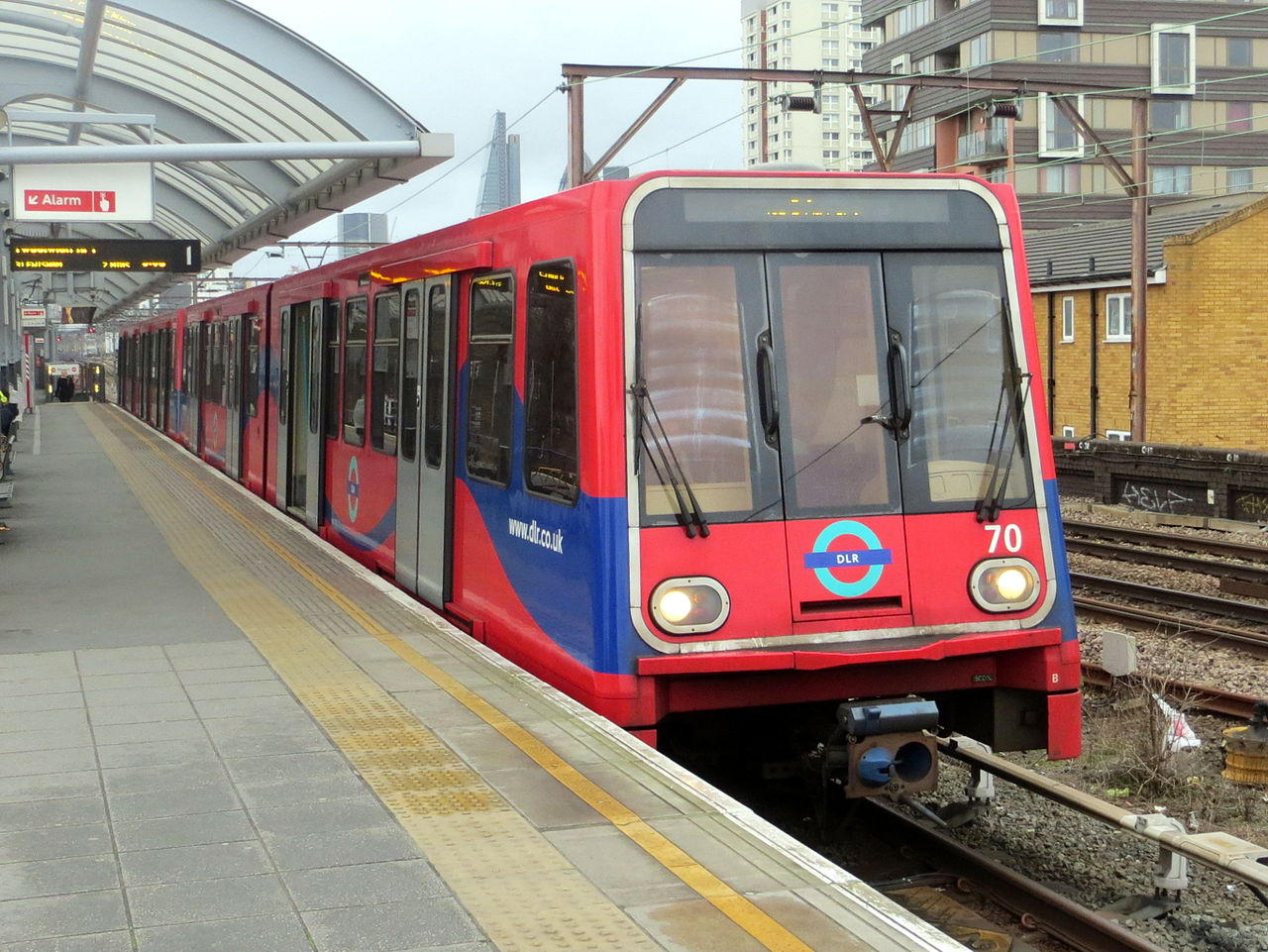
Teleste has secured a contract to deliver on-board systems for 43 trains that will operate on the Docklands Light Railway (DLR) network in London, UK.
The company was contracted by rolling stock manufacturer CAF, which is delivering the automated units for the light metro system in East London.

Discover B2B Marketing That Performs
Combine business intelligence and editorial excellence to reach engaged professionals across 36 leading media platforms.
As agreed, Teleste will supply CAF with passenger information, public address and CCTV systems and ultra-wide TFT displays for the five-car driverless light metro trains.
The deliveries are slated to take place between 2021 and 2023.
Teleste Rolling Stock Manufacturers business line head Jarkko Vehkala said: “We are excited about the opportunity to contribute to the development of the Docklands Light Railway, one of the largest automated transport networks in the world.
“As the network continues to grow in terms of the number of passengers and transit frequency, state-of-the-art technologies are needed to guarantee a safe and secure journey, as well as the high availability of information for passengers on moving trains.

US Tariffs are shifting - will you react or anticipate?
Don’t let policy changes catch you off guard. Stay proactive with real-time data and expert analysis.
By GlobalData“Our on-board systems are designed to address this challenge and also provide transit personnel with flexible tools for the remote management and control of information and situations on-board.”
With an annual ridership of 122 million, the DLR is one of the busiest light rail networks in the UK. It is owned by Docklands Light Railway, a division of Transport for London (TfL).
Last year, TfL contracted CAF for 43 automated trains, which will partially replace the older DLR fleet. The addition of the new vehicles will also improve network capacity by up to 30%.
The first of these vehicles is scheduled to enter commercial service in 2023.





